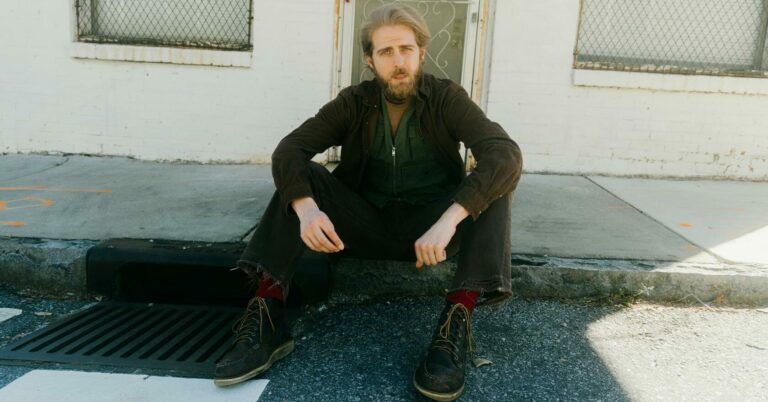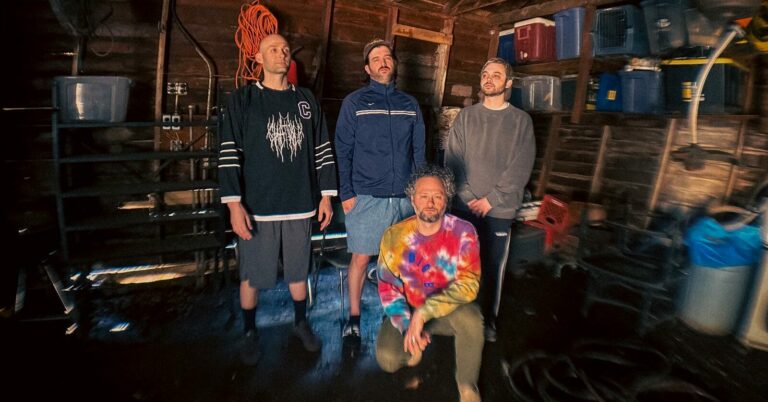Green Bali Kratom is renowned for its remarkable balance of energy and relaxation, making it a favorite among those seeking a natural wellness boost. This strain offers unique benefits that can support cognitive and physical well-being, providing a versatile addition to your daily routine.
This guide will help you discover the origins of Green Bali Kratom, explore its essential effects, and receive practical advice on how to dose and use it effectively. Whether a newcomer or an experienced user, this comprehensive guide will help you make the most of Green Bali Kratom.
What Is Green Bali Kratom?
Green Bali Kratom is a variety of kratom that comes from the leaves of the Mitragyna speciosa tree, grown primarily in Indonesia. It’s known for its moderate effects, which include increased energy, mood enhancement, and pain relief. It’s called “Green Bali” due to its green vein color, traditionally grown in Bali, Indonesia.
How Does Green Bali Kratom Work?
Kratom interacts with the body’s opioid receptors, which can produce effects similar to those of opioids but with fewer side effects. For those looking to experience these benefits, exploring the best Bali Kratom brands is a great start. Green Bali Kratom, in particular, is well-regarded for its balanced properties. It offers a mix of stimulant and sedative effects depending on the dosage, making it a versatile choice for various needs.
How To Choose The Right Dosage?
Finding the correct dosage of Green Bali Kratom is crucial for achieving the desired effects and avoiding potential side effects. Dosage can vary based on your body weight, tolerance, and the impact you want to achieve.
Here’s a general guideline:
- Low Dose (1-2 grams): At this dosage, Green Bali Kratom often provides a boost in energy and focus. It’s a good starting point if you’re new to kratom.
- Moderate Dose (2-4 grams): This range is typically used for mood enhancement and pain relief. It provides a balance between energy and relaxation.
- High Dose (4-6 grams): Higher doses can lead to more pronounced sedative effects and pain relief. Use caution with higher doses to avoid potential side effects.
How To Take Green Bali Kratom?
There are several ways to take Green Bali Kratom. Here are the most common methods:
- Capsules: Kratom capsules are a convenient way to take your dose without dealing with the taste. Each capsule typically contains 0.5-1 gram of kratom powder. This method is great for those who want a pre-measured dose and don’t mind taking multiple capsules.
- Powder: Kratom powder can be mixed with water, juice, or your favorite smoothie. Simply measure your dose with a scale or spoon, mix it with liquid, and drink. If the taste is too strong, try mixing it with a flavorful drink.
- Tinctures: Kratom tinctures are concentrated extracts that can be taken directly or added to beverages. They offer a more potent effect in smaller amounts compared to powder or capsules.
Best Practices For Using Green Bali Kratom
To get the most benefit from Green Bali Kratom while minimizing potential risks, follow these best practices:
Start with a Low Dose
If you’re new to kratom, start with a low dose to see how your body reacts. Gradually increase the dosage if needed. This cautious approach helps minimize potential side effects and allows you to find the right amount for your needs.
Stay Hydrated
Kratom can lead to dehydration, so it’s essential to stay well-hydrated while using it. Drink plenty of water throughout the day to prevent dehydration-related issues like dry mouth, headaches, or fatigue. Keeping hydrated helps maintain your overall well-being and supports your body’s natural functions. Remember to balance your kratom intake with adequate water consumption to ensure you’re getting the most out of your supplement while avoiding potential side effects.
Avoid Mixing with Alcohol or Drugs
Mixing kratom with alcohol or other substances can significantly increase the risk of side effects and lead to adverse reactions. Combining these can enhance the impact, which might result in unwanted outcomes like dizziness, nausea, or even more severe health issues. For your safety, it’s best to avoid consuming kratom alongside alcohol or other drugs. Keeping your kratom use separate from these substances helps ensure a safer and more controlled experience.
Take Regular Breaks
Using kratom daily can lead to the development of tolerance, which means you may need higher doses over time to achieve the same effects. To prevent this, it’s essential to take breaks between uses. Regularly spacing out your kratom intake allows your body to reset and maintain its responsiveness. By incorporating rest periods into your routine, you can help preserve the effectiveness of kratom and reduce the risk of building tolerance.
Keep a Journal
Tracking your doses and effects is crucial for finding the right balance with kratom. By keeping a detailed record of how much you take and how it impacts you, you can better understand how kratom affects your body. This information helps you make informed adjustments to your dosage, ensuring you achieve the desired benefits while minimizing potential side effects. Regularly reviewing your notes allows you to fine-tune your usage and maintain optimal results.
Where To Buy Green Bali Kratom?
When buying Green Bali Kratom, selecting a reliable vendor is crucial to ensure you get a high-quality product. One great option to consider is Happy Go Leafy. They are known for their commitment to quality and transparency, making them a standout choice. Opt for sellers like Happy Go Leafy, who offer third-party lab testing, as this provides an unbiased verification of the kratom’s purity and potency.
Lab tests can confirm that the kratom is free from contaminants and meets quality standards. It’s best to avoid vendors who do not openly share lab results or information about their sourcing and processing practices. Transparency is critical in finding a trustworthy supplier.
By choosing vendors prioritizing quality and transparency, such as Happy Go Leafy, you can confidently purchase safe and effective Green Bali Kratom.
Potential Side Effects Of Green Bali Kratom
While Green Bali Kratom is generally safe when used responsibly, it can cause side effects in some people. Common side effects include:
- Nausea: Taking kratom on an empty stomach can lead to nausea. Eating a small meal before taking kratom may help reduce this risk.
- Constipation: Kratom can slow down digestion, leading to constipation. Drinking plenty of water and eating fiber-rich foods can help mitigate this.
- Dizziness: High doses or sensitive individuals may experience dizziness. If this happens, reduce your dose or take a break.
Final Take: Are You Ready To Use Green Bali Kratom?
Green Bali Kratom offers a balanced range of effects that can be beneficial for both energy and relaxation.
By following the dosage guidelines and best practices outlined in this guide, you can use Green Bali Kratom effectively and safely.
Remember to start with a low dose, stay hydrated, and take regular breaks to enjoy the benefits without unwanted side effects.













